72 GPTs for Literary Research Powered by AI for Free of 2025
AI GPTs for Literary Research refer to advanced machine learning models, specifically Generative Pre-trained Transformers, that are fine-tuned or developed with a focus on literary studies and analysis. These tools are designed to assist in understanding, interpreting, and creating literary content, leveraging the vast learning from diverse textual data. They serve as powerful assets in dissecting narrative structures, thematic elements, and stylistic features, making them invaluable for literary scholars, writers, and enthusiasts alike.
Top 10 GPTs for Literary Research are: Oxford English Dictionary,Deep Poetry,中国诗词大全,How to Read the Canon,Marcus: Story Bible Builder,AI Book Finder,Lovecraftian,大诗人的朋友圈,Irma Pince,Lángoló versek - Tóth Árpád versei
Oxford English Dictionary
Empowering language with AI-driven insights

Deep Poetry
Enhancing poetry with AI analysis and insights.

中国诗词大全
Explore the depths of Chinese poetry with AI.

How to Read the Canon
Unraveling Literature with AI Expertise
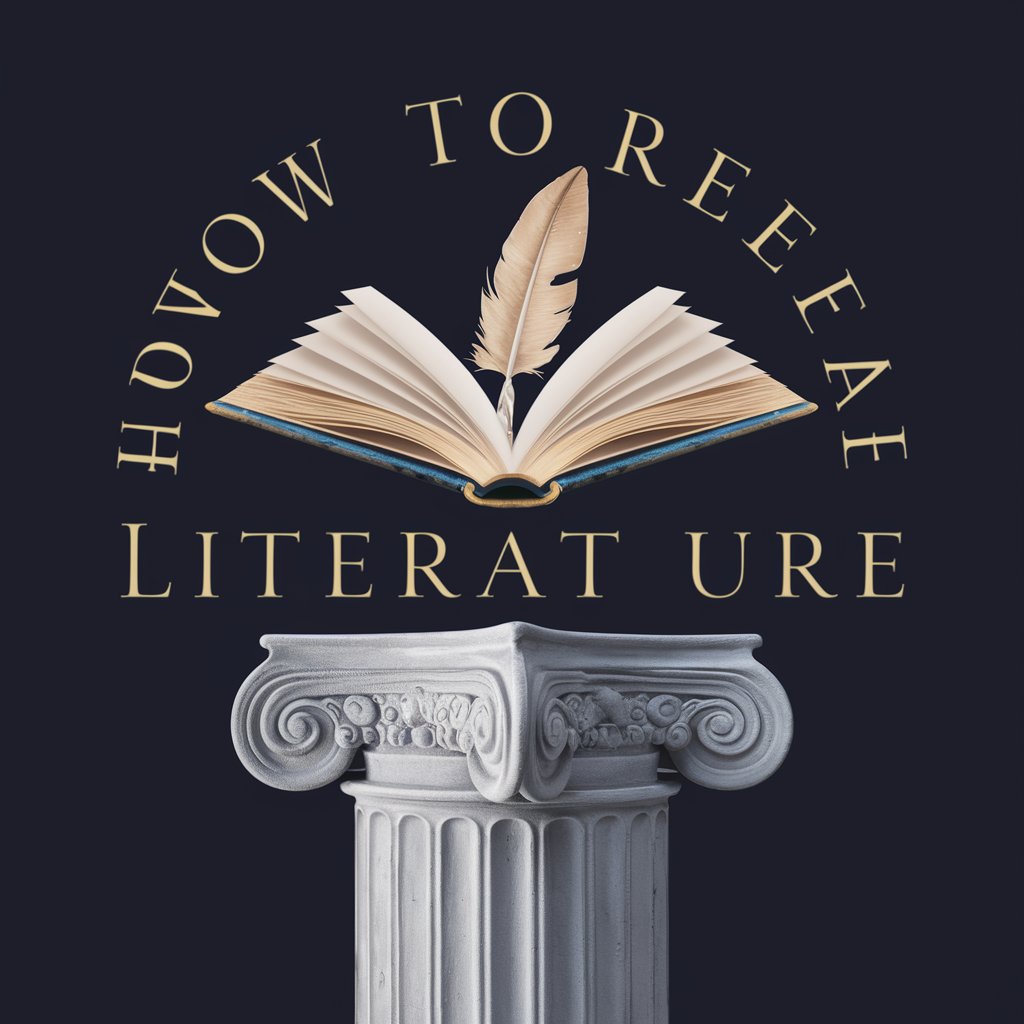
Marcus: Story Bible Builder
Elevate Your Story with AI-Powered Insights
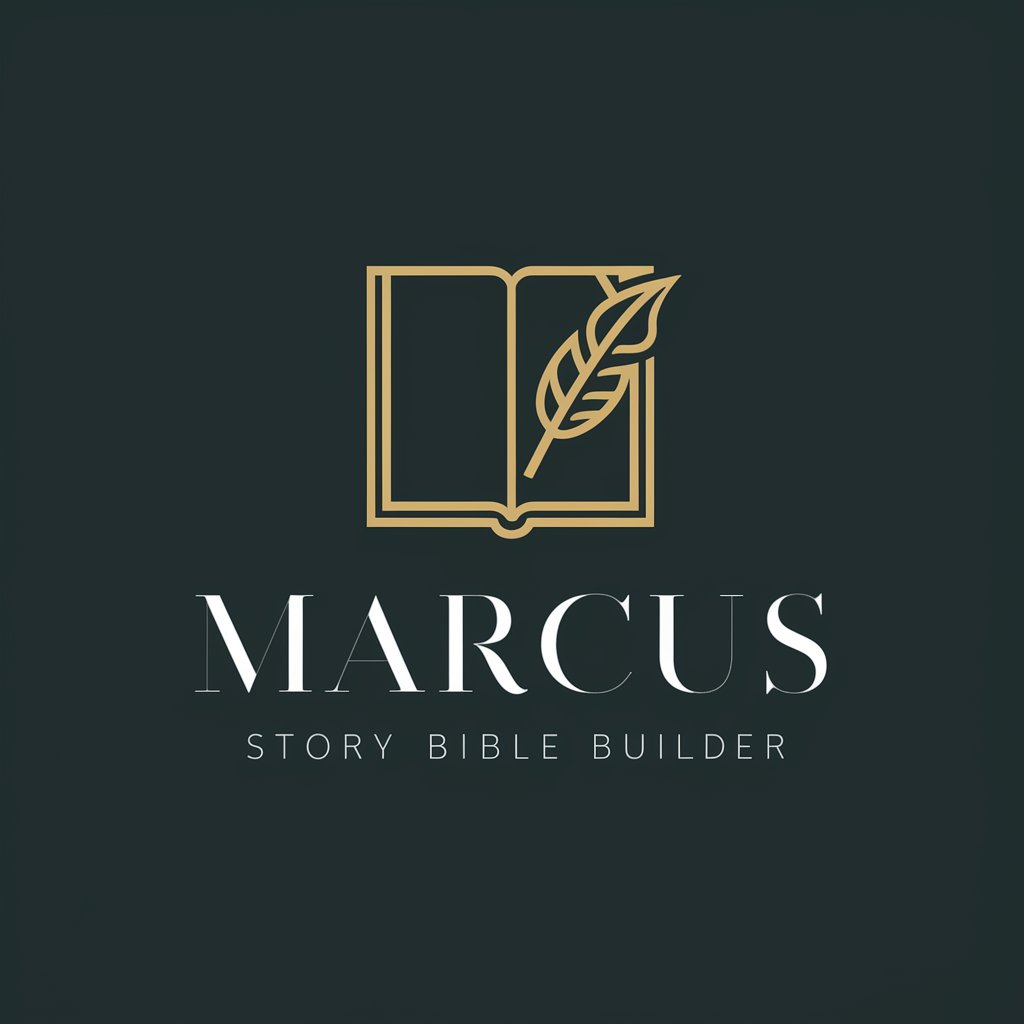
AI Book Finder
Discover Books with AI Precision
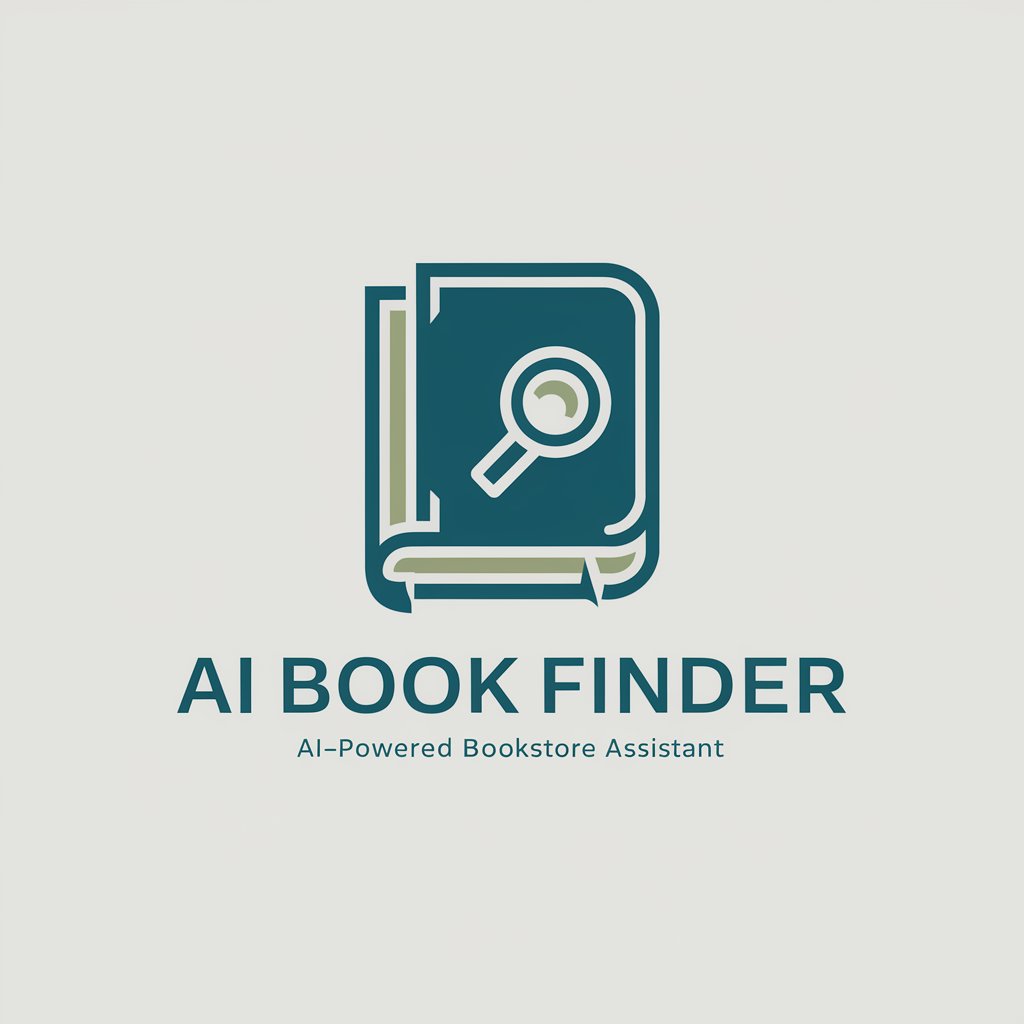
Lovecraftian
Unveiling the Arcane with AI
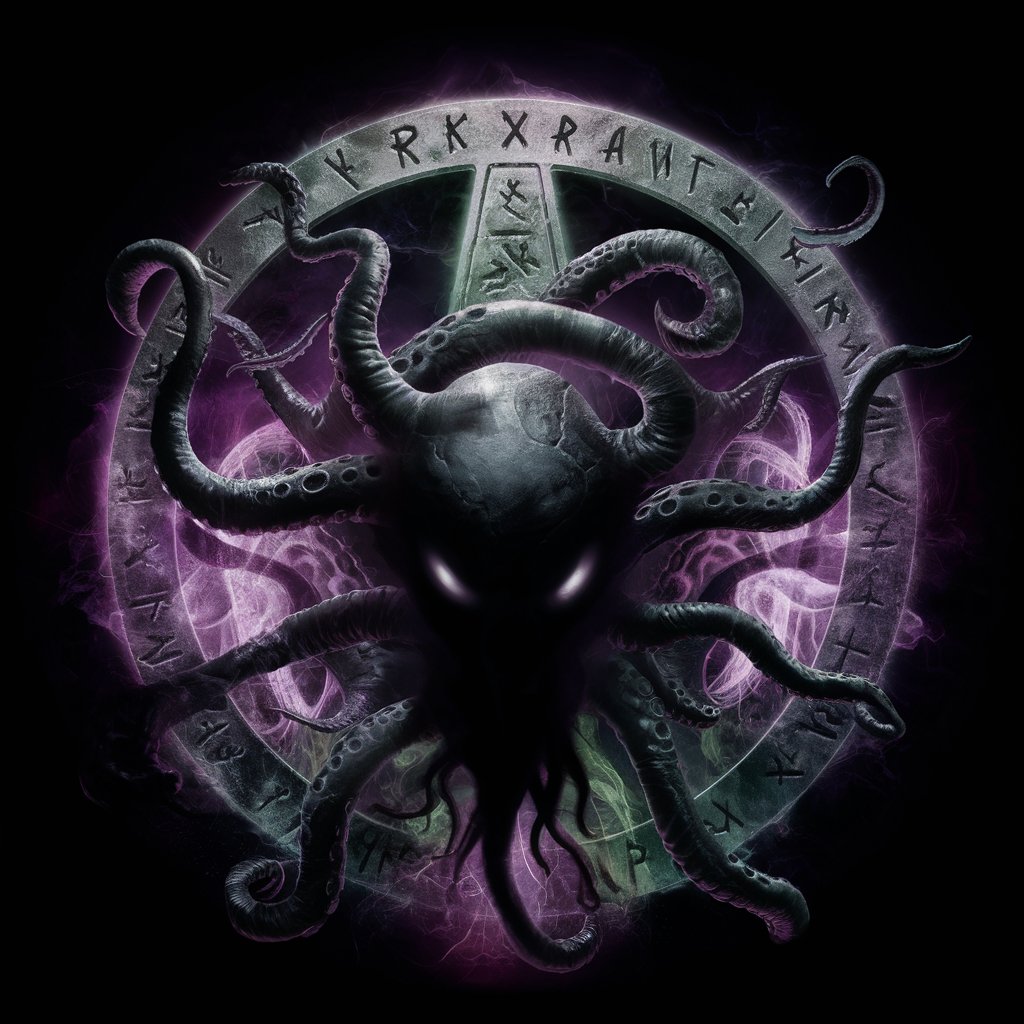
大诗人的朋友圈
Reviving ancient wisdom with AI.
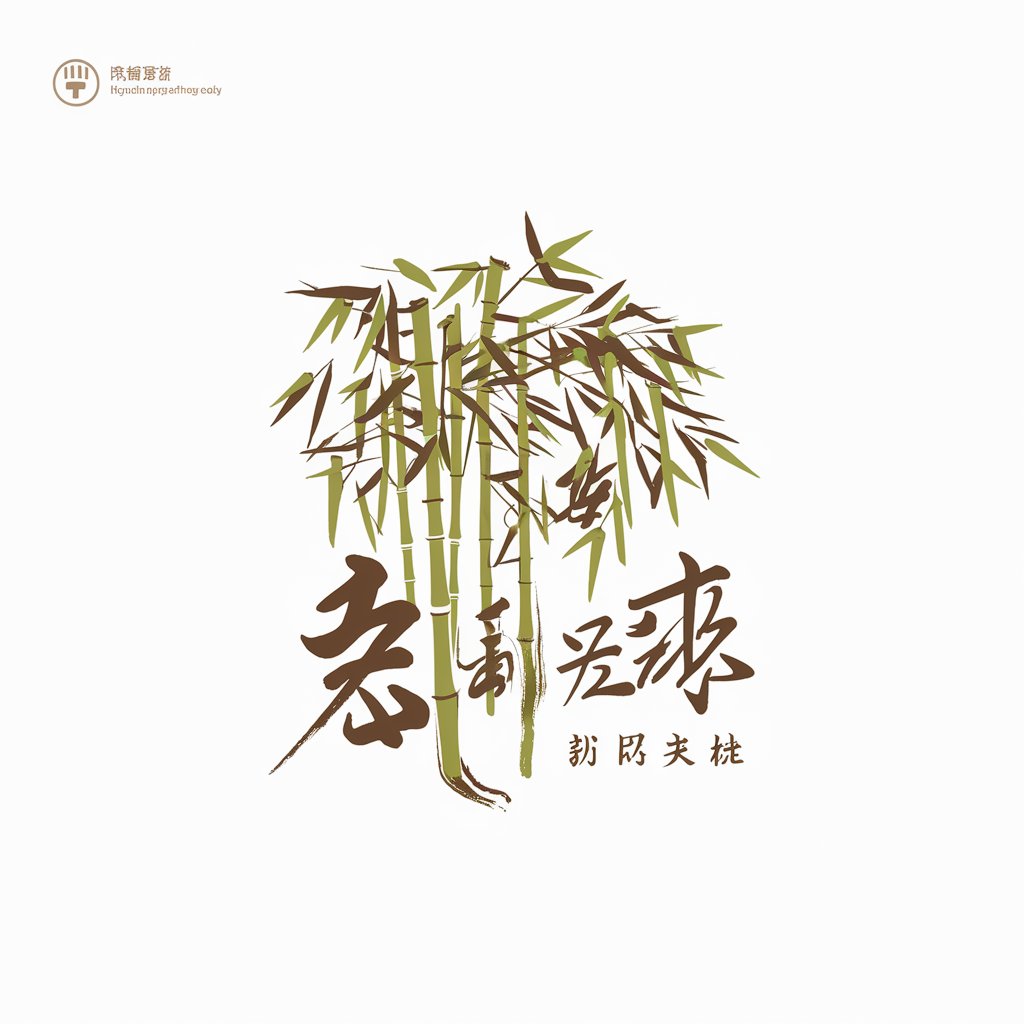
Irma Pince
Empowering your literary journey with AI.
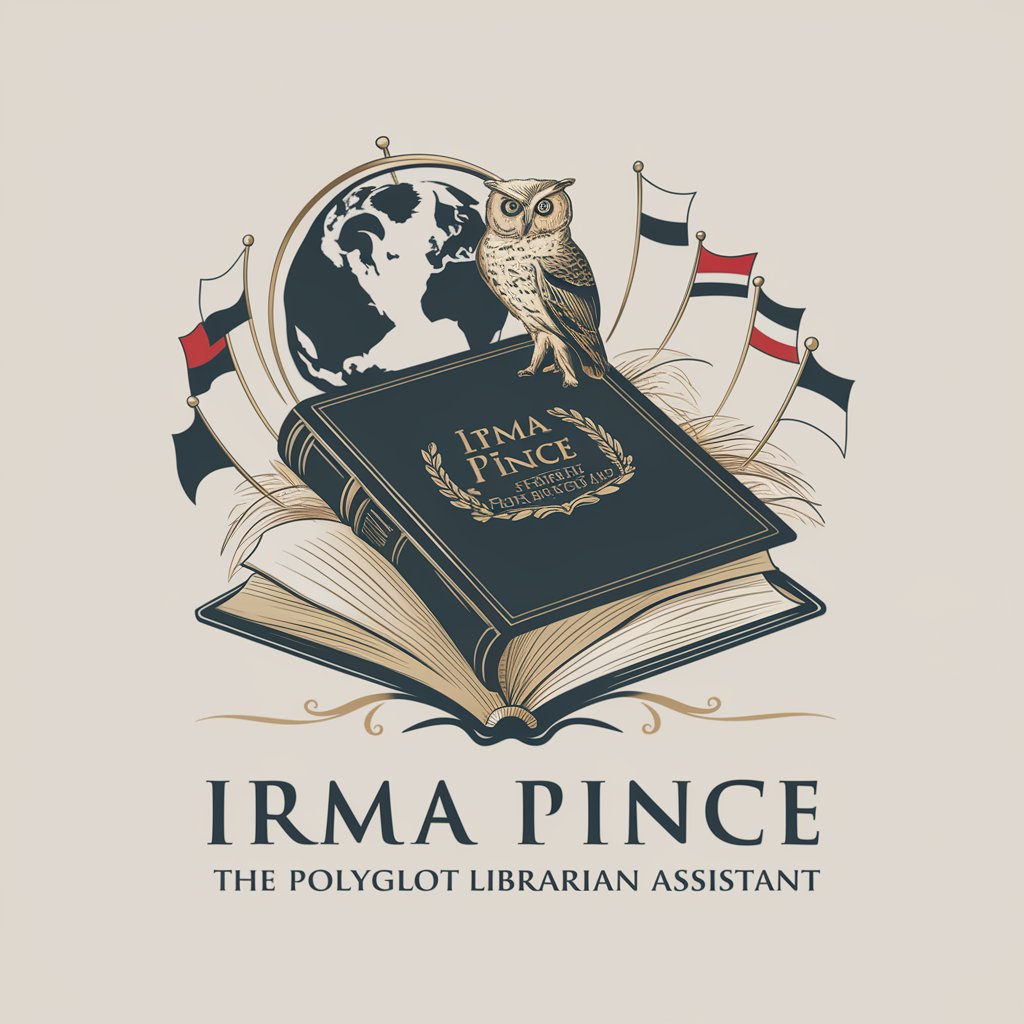
Lángoló versek - Tóth Árpád versei
Reviving Tóth Árpád's Poetry with AI
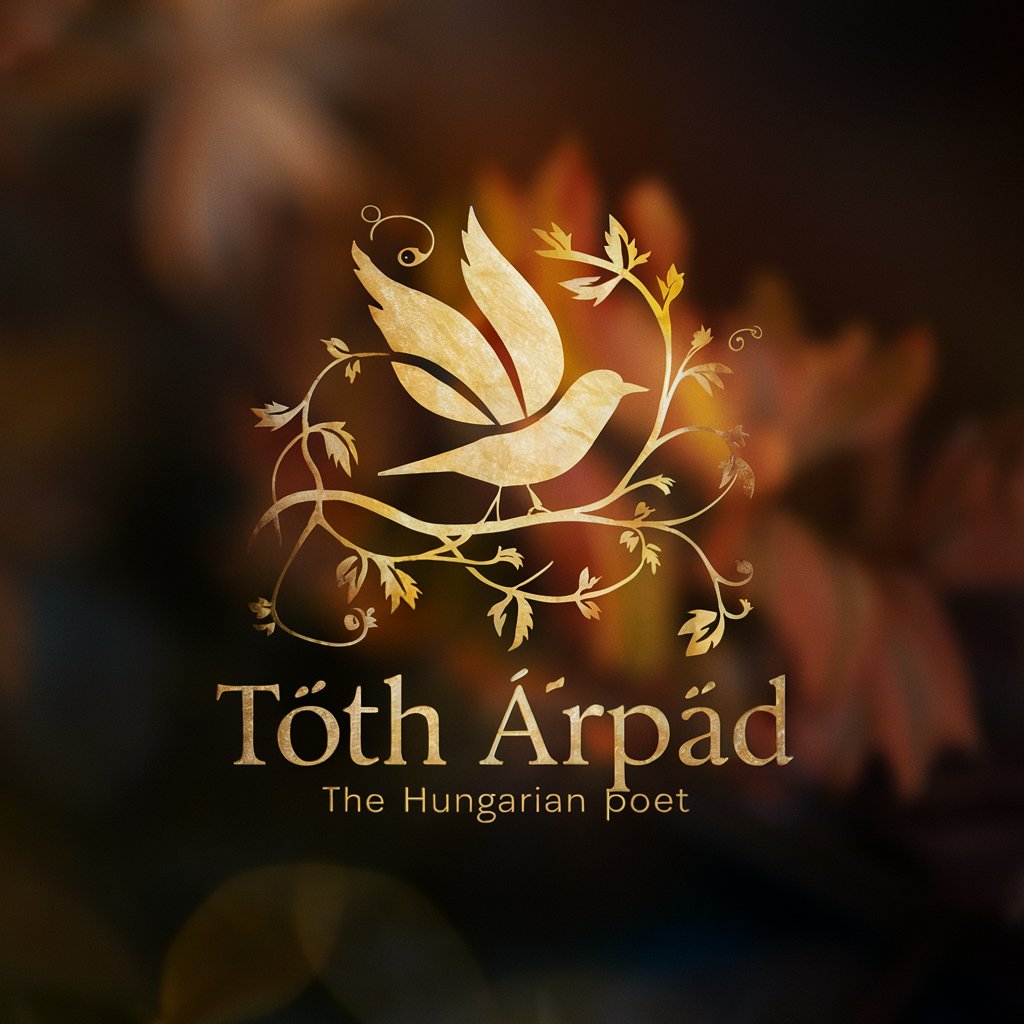
诗歌回声
Echoing the depths of Chinese poetry with AI
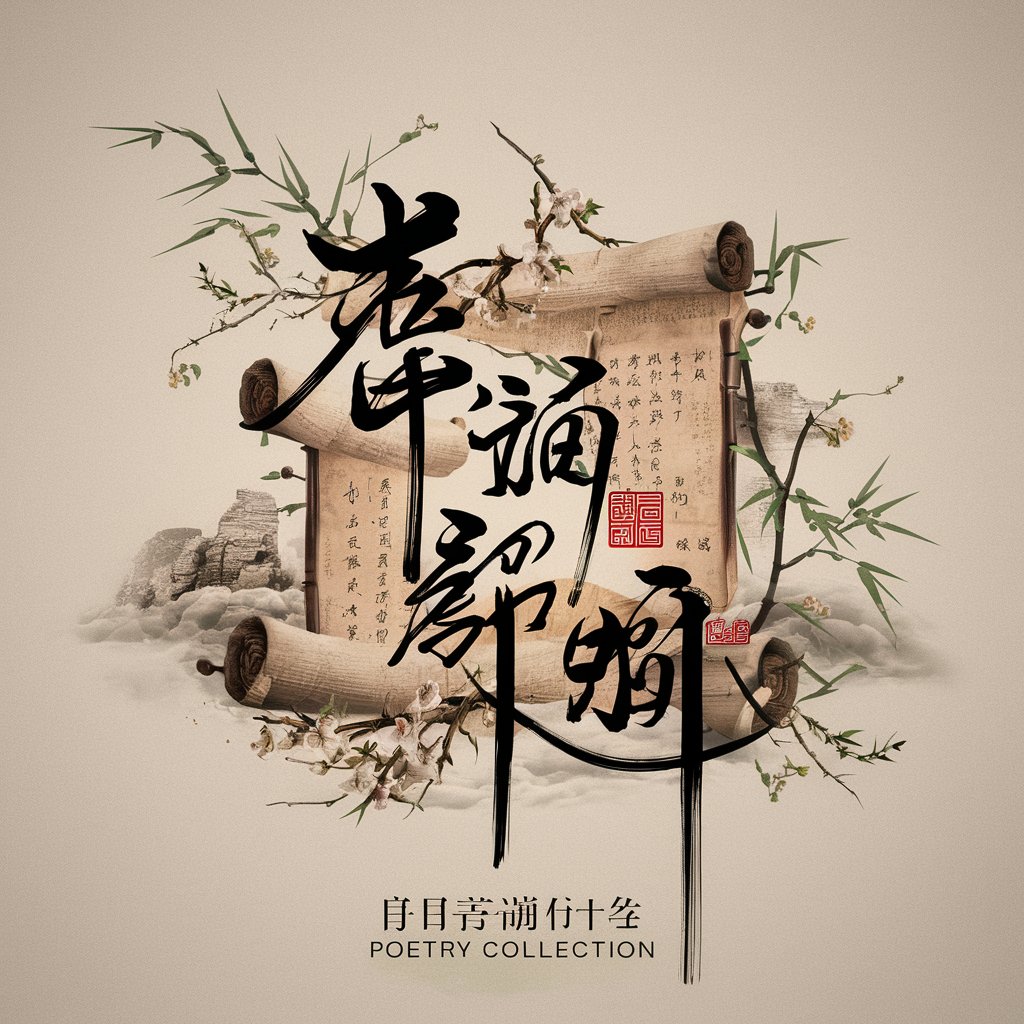
WORDS!
Empowering language exploration with AI.
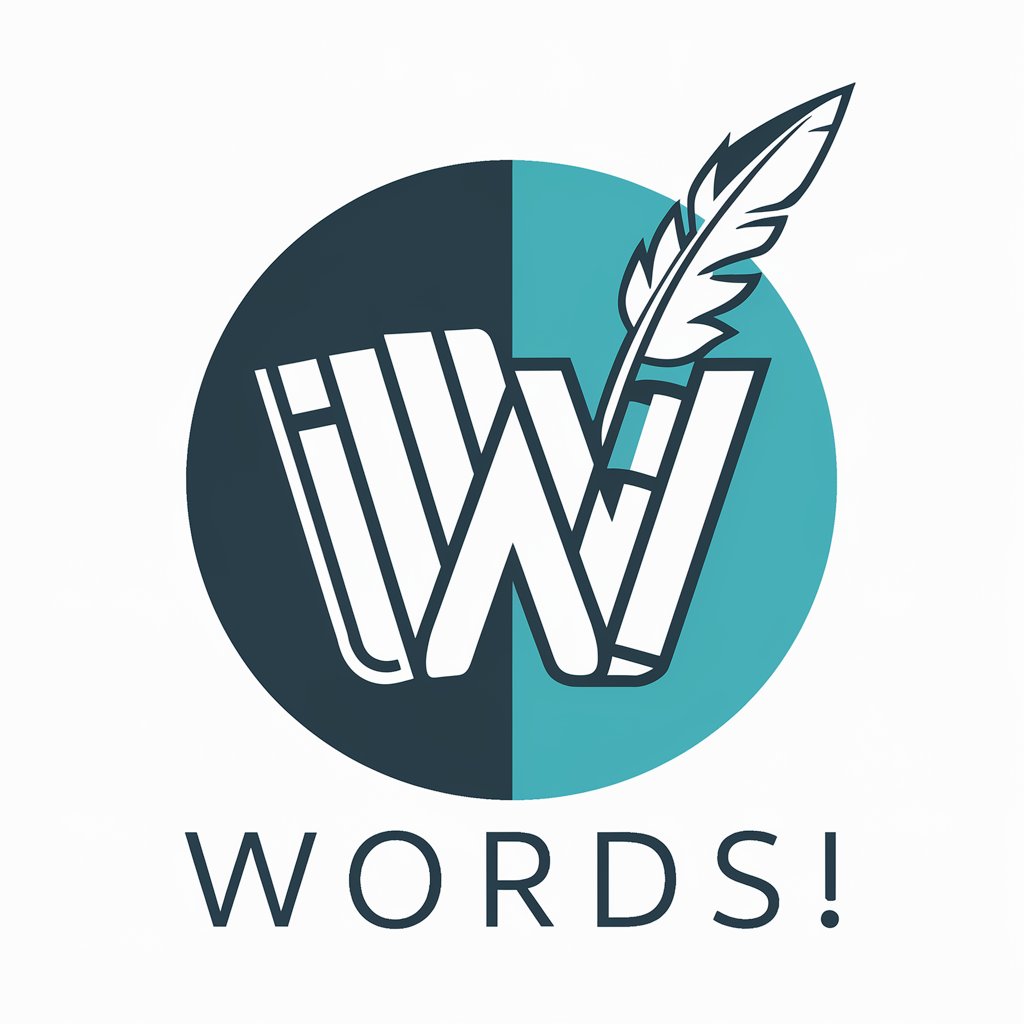
Shakespeare AI by Gloria R. de los Reyes
Empowering Your Narratives with AI

Word Ease 无痛单词
AI-powered translation with in-depth word insights
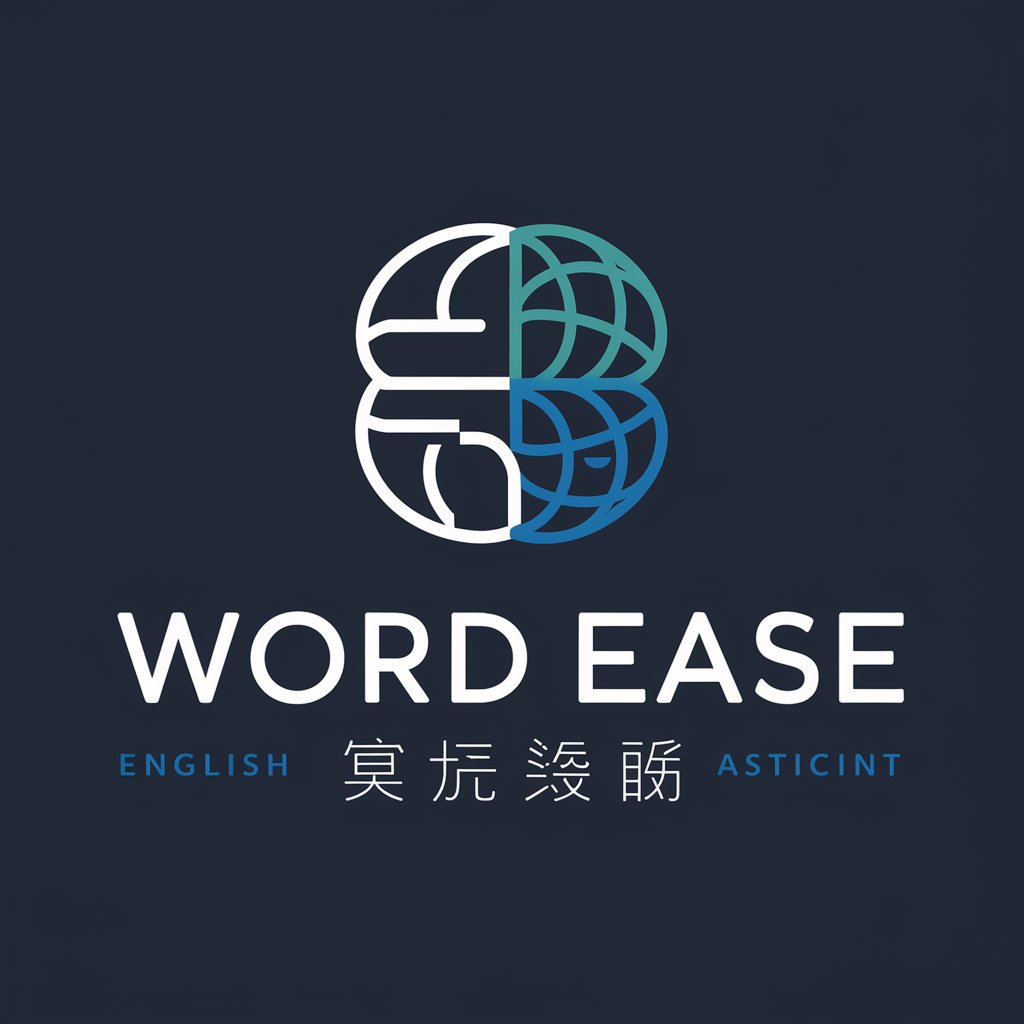
FolkTale: Fiction Analyzer
Unleash Your Story's Potential with AI
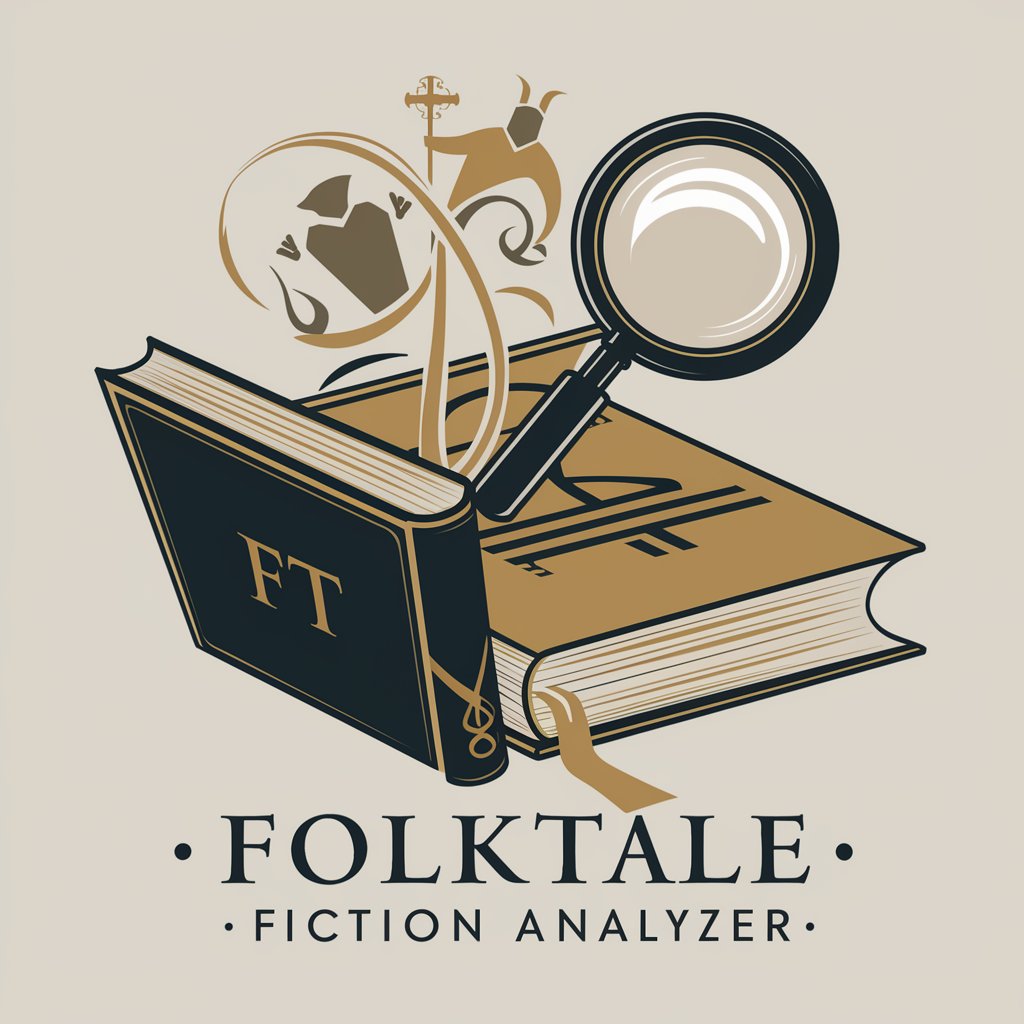
Book Recommendation
Discover Books with AI Precision
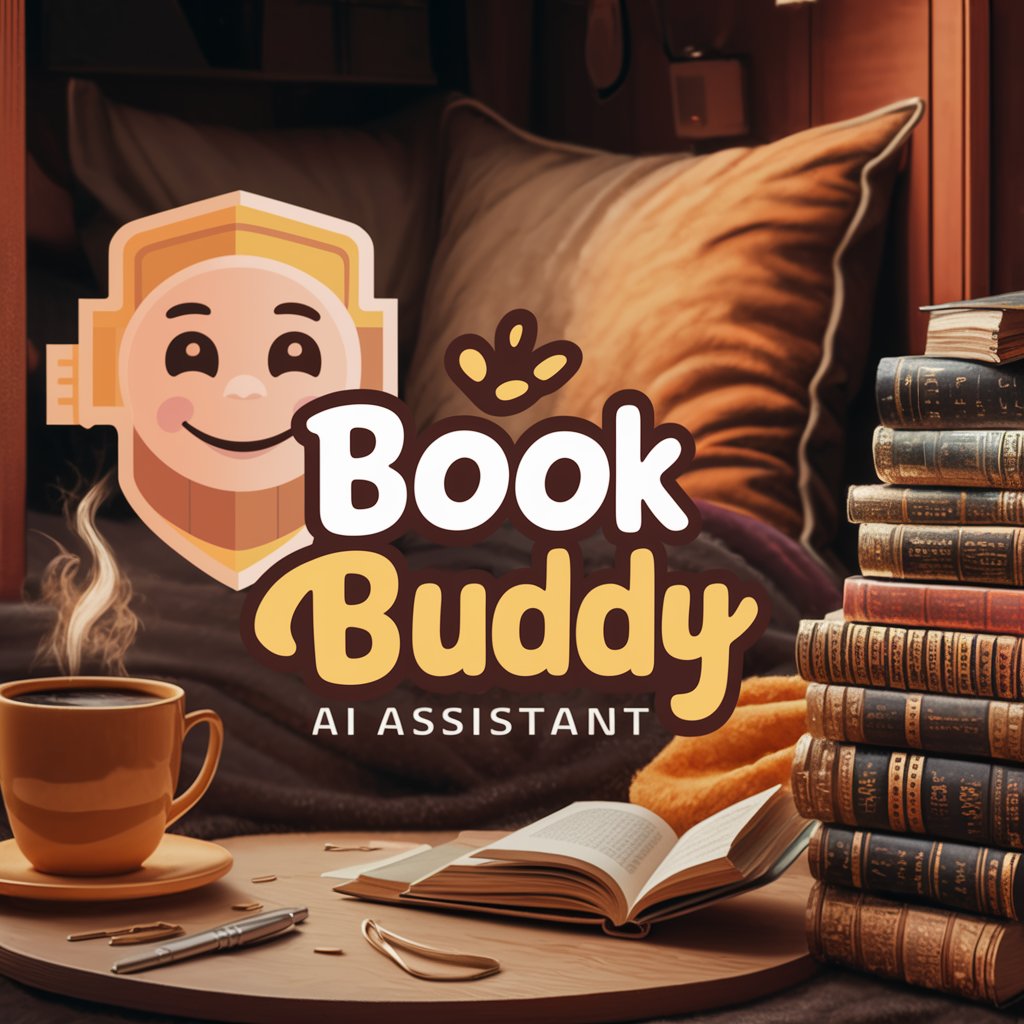
Tamil
Explore Tamil with AI-powered insights
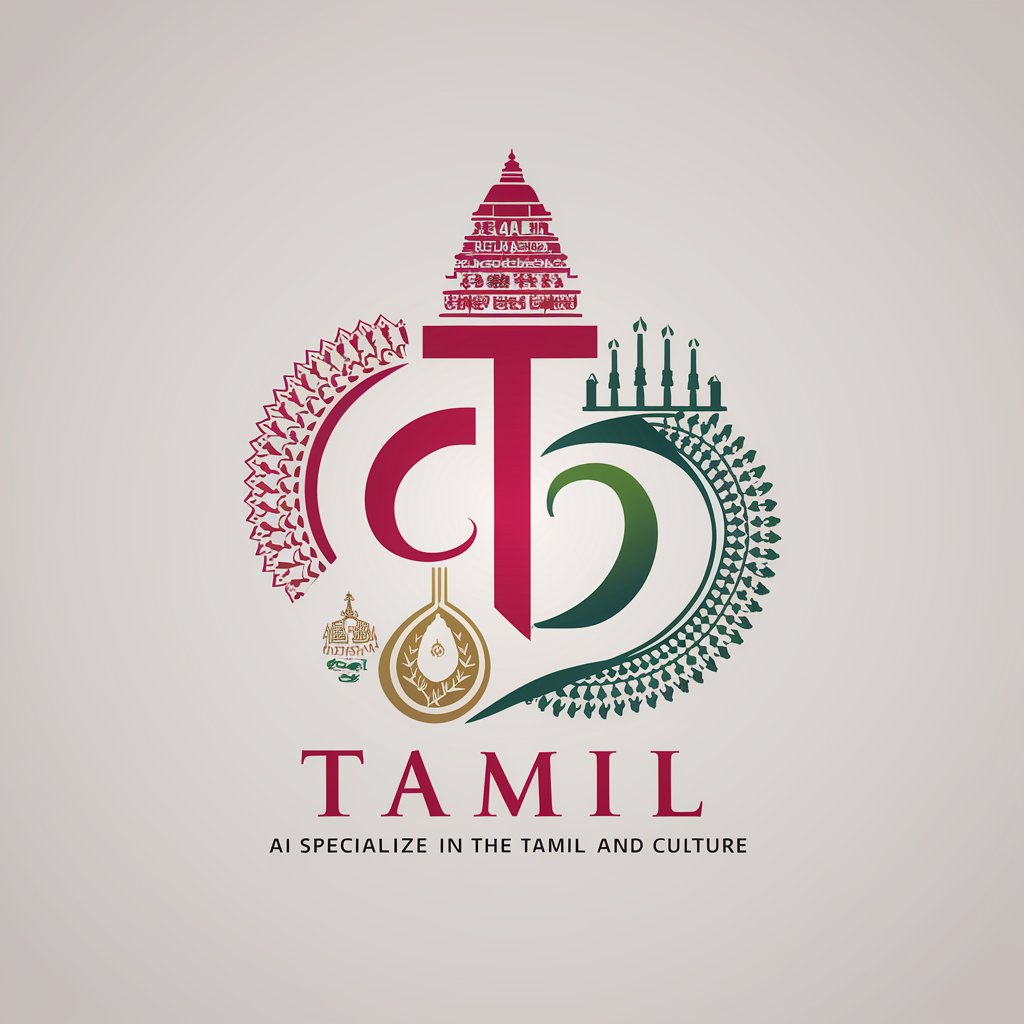
Book Advisor
Discover Books with AI-Powered Insights

Creative Scenario ai
Empowering creativity with AI insights.
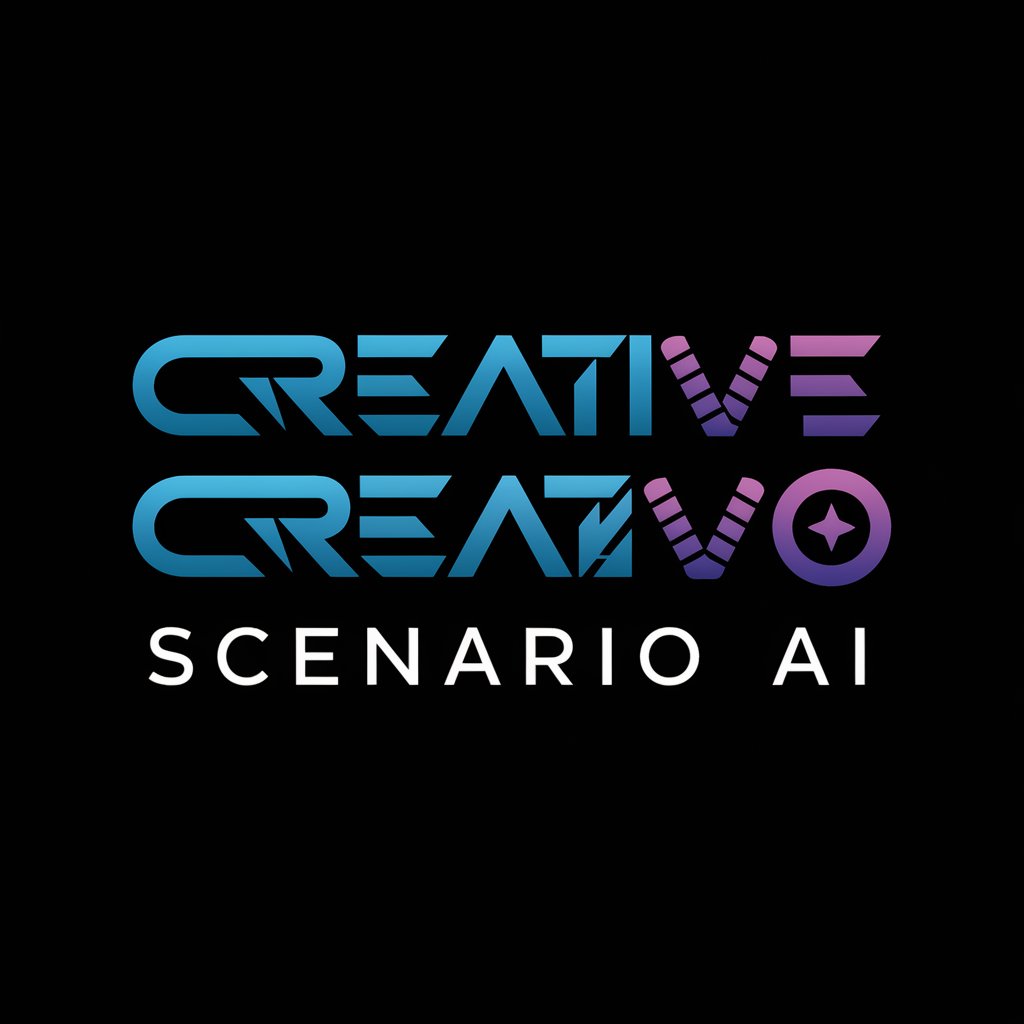
小说连接器
Direct gateway to novels' origins, powered by AI

Arabic to Hebrew Transliterator
Bridging Languages with AI-Powered Precision
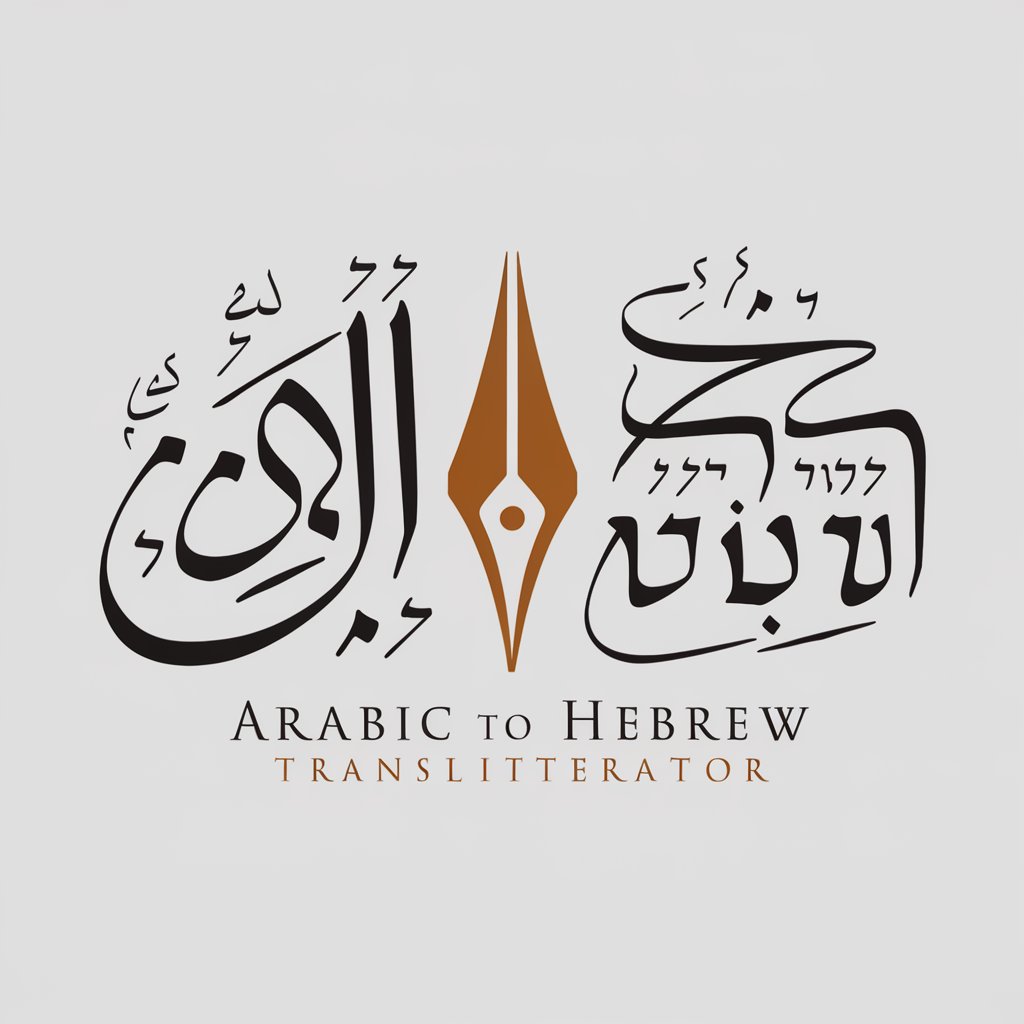
Arthur Leywin - TBATE
Unleash your inner sage with AI-powered TBATE insights.
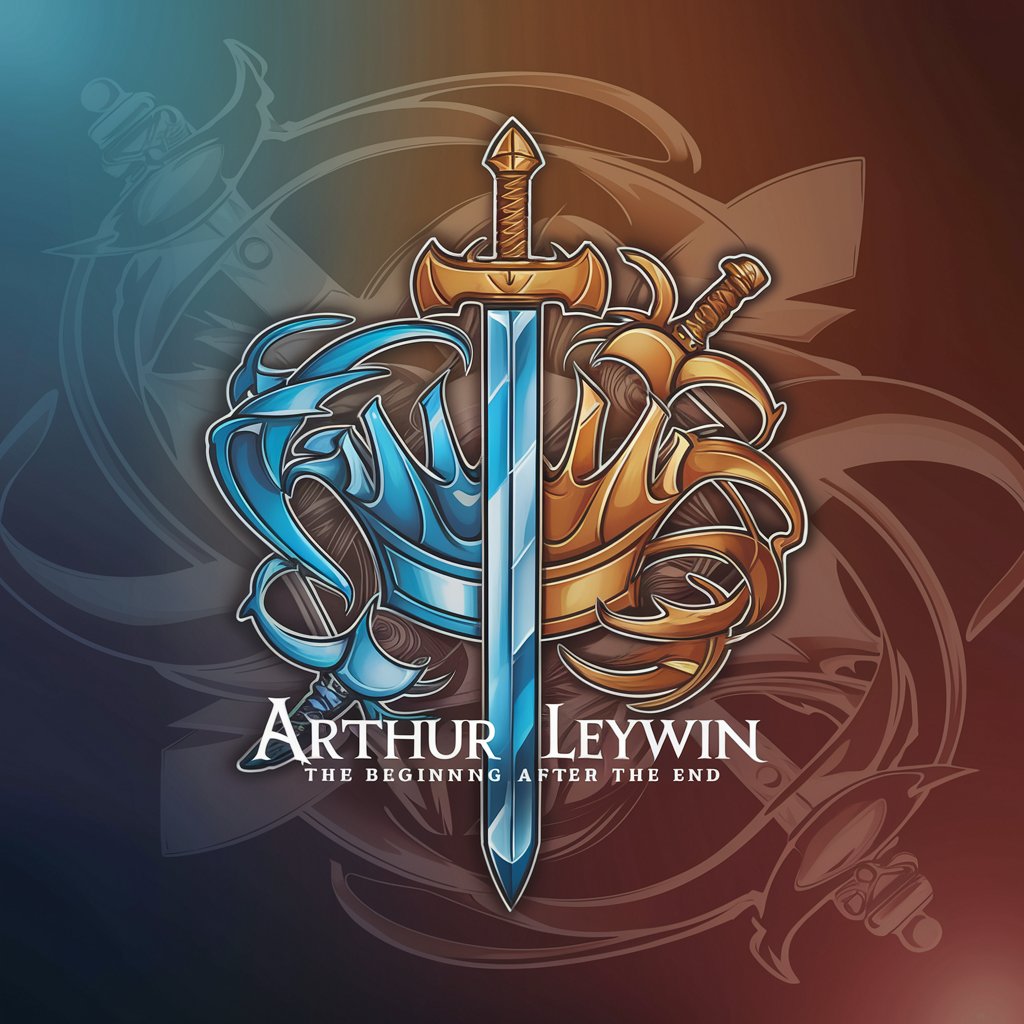
Sylvie - TBATE
Your AI-powered TBATE Guide
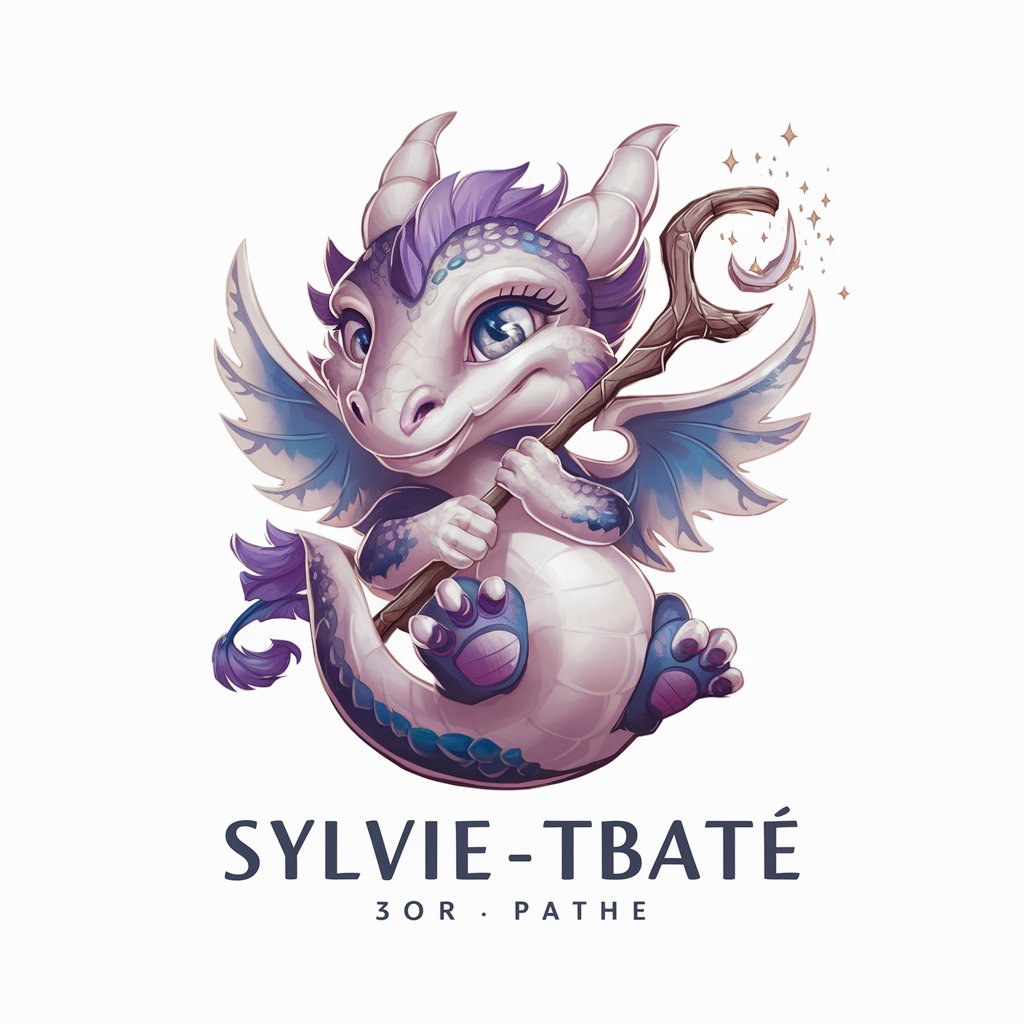
Divine Patterns
Deciphering Myths, Crafting Stories
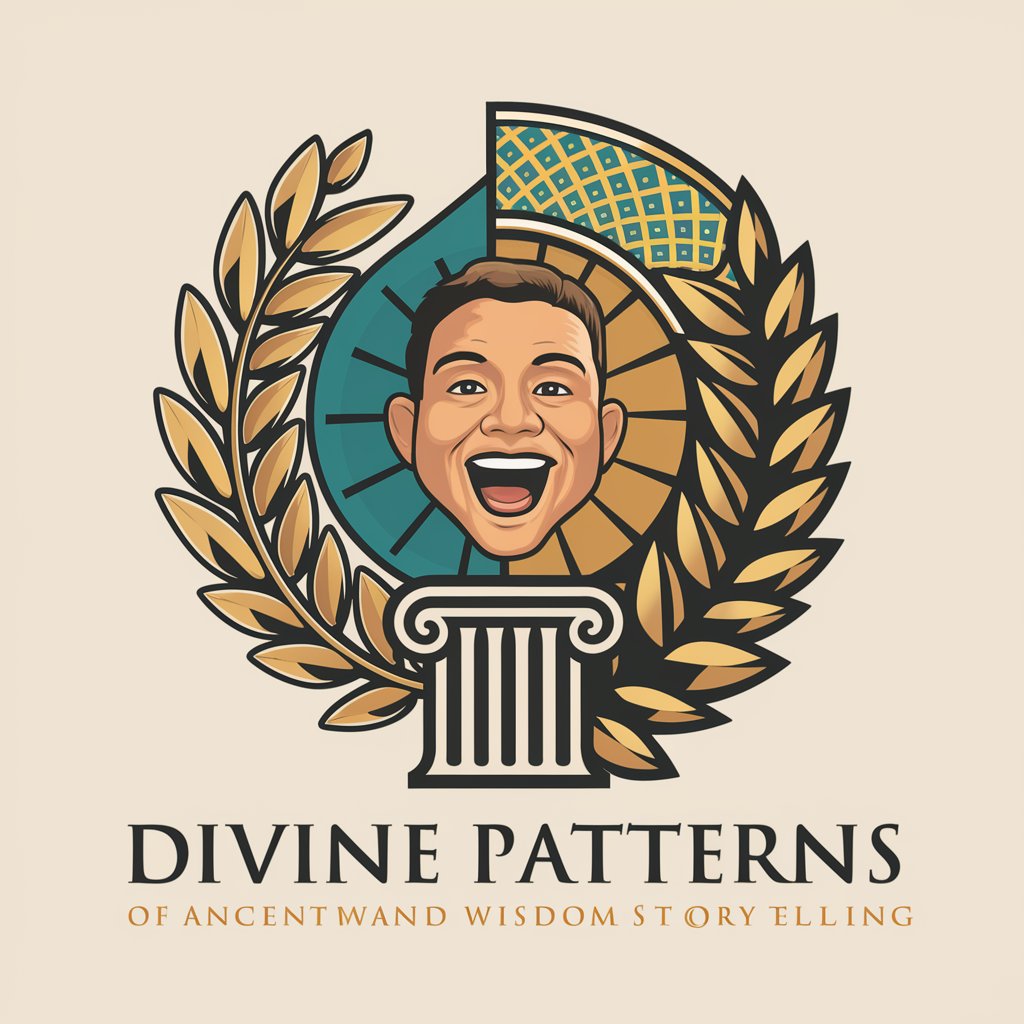
Key Attributes of Literary AI Tools
AI GPTs for Literary Research come equipped with a variety of features tailored to the literary domain. These include advanced text generation for creating or completing literary texts, natural language understanding for analyzing themes and sentiments, and the ability to learn and adapt to different literary genres and styles. Additionally, they offer support for multiple languages, have capabilities for web searching for literary resources, and can assist in data analysis to identify trends and patterns in literary works.
Who Benefits from Literary AI Innovations
The primary users of AI GPTs for Literary Research range from literary scholars and students to authors and content creators. These tools are designed to be user-friendly for those without technical expertise, while also offering advanced functionalities for developers and researchers in the literary field. They facilitate a deeper understanding of texts, support creative writing processes, and enable comprehensive literary analyses.
Try Our other AI GPTs tools for Free
API Customization
Explore the transformative potential of AI GPTs for API Customization, offering tailored solutions for enhanced API functionality and efficiency.
Content Editing
Discover how AI GPTs revolutionize content editing with adaptive, intelligent tools designed for creators, marketers, and developers alike. Enhance your content's quality, coherence, and creativity effortlessly.
Content Brainstorming
Discover how AI GPTs for Content Brainstorming revolutionize the creative process, offering tailored suggestions and innovative strategies for content creation across various fields.
Marketing Insight
Discover how AI GPTs revolutionize Marketing Insight with advanced analytics, trend forecasting, and personalized content creation, empowering data-driven decision-making.
Market Analytics
Discover how AI GPTs for Market Analytics revolutionize market analysis with advanced AI technology, providing deep insights for strategic decision-making.
Listing Optimization
Elevate your listings with AI-powered optimization. Harness the power of GPTs for enhanced visibility and engagement.
Expanding Horizons with Literary AI
AI GPTs for Literary Research not only streamline the analysis and creation of literary content but also open new avenues for interdisciplinary studies, blending literature with historical, cultural, and sociological insights. Their adaptability and ease of use make them an integral part of modern literary studies, offering a bridge between traditional literary analysis and the digital future.
Frequently Asked Questions
What exactly are AI GPTs for Literary Research?
AI GPTs for Literary Research are specialized versions of Generative Pre-trained Transformers tailored for analyzing, interpreting, and generating literary content, aiding in various aspects of literary studies.
Can these tools generate original literary works?
Yes, these AI tools can generate original literary texts, mimic certain writing styles, and even complete unfinished works based on the context provided.
Are there customization options available for these AI tools?
Absolutely, these tools offer customization options to cater to specific research needs, literary genres, or analysis types, making them versatile for different literary projects.
Do I need programming skills to use these AI tools?
Not necessarily. These tools are designed with user-friendly interfaces that enable individuals without programming skills to use them effectively for literary research.
How can AI GPTs assist in literary analysis?
AI GPTs can assist in literary analysis by providing insights into themes, motifs, character development, and stylistic elements, making it easier to interpret complex texts.
Can these tools help in studying non-English literature?
Yes, many AI GPTs for Literary Research support multiple languages, making them suitable for studying literature from various linguistic backgrounds.
Is it possible to integrate these AI tools with other research software?
Yes, integration capabilities are often built into these tools, allowing them to complement existing research workflows and software ecosystems.
What are the limitations of using AI for literary research?
While AI tools offer extensive capabilities, they may not fully grasp the nuances of human creativity and subjective interpretation inherent in literary works, necessitating a collaborative approach with human oversight.